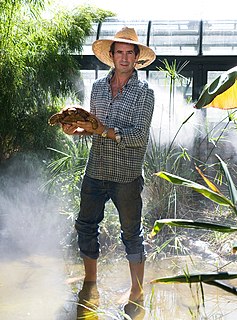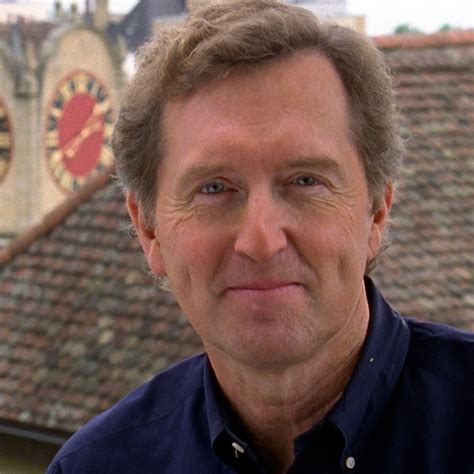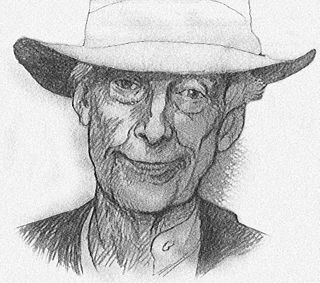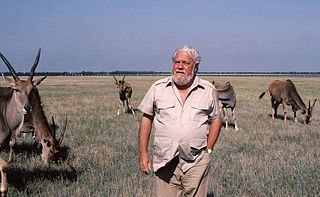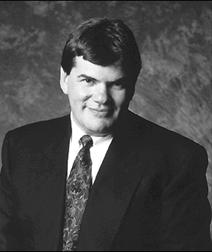A Quote by S.E. Cupp
In fact, if you think hard about it, animal conservation should actually be anathema to the Darwin-loving liberal agenda, which holds up evolution - and not altruistic compassion - as the final word on the survival of a species.
Related Quotes
Darwin's theory of evolution is a framework by which we understand the diversity of life on Earth. But there is no equation sitting there in Darwin's 'Origin of Species' that you apply and say, 'What is this species going to look like in 100 years or 1,000 years?' Biology isn't there yet with that kind of predictive precision.
We have a very old conservation movement, particularly in the United States, which has focused on campaigns to protect endangered species: the spotted owl, the old-growth forest. But usually it stops there. To me, biodiversity is the full spectrum. Species conservation is not only about wilderness conservation. It?s also about protecting the livelihood of people even while changing the dominant relationship that humans have had with other species. In India, it?s an economic issue, not just an ecological one.
The medical argument for animal testing doesn't stand up. Even if it did, I don't think we should kill other species. We think we're so much better; I'm not sure we are. I tell people, We've beaten into submission every animal on the face of the Earth, so we are the clear winners of whatever battle is going on between the species. Couldn't we be generous? I really do think it's time to get nice. No need to keep beating up on them. I think we've got to show that we're kind.
You know, Darwin said through natural selection things go gradually, and he was talking about pigeon's evolution or horses evolving, getting faster. But in fact if you look at evolution on a bigger scale, cosmic evolution and you look at culture evolution you see it jumps, it goes through phase changes, and that's very exciting.
You cannot begin to preserve any species of animal unless you preserve the habitat in which it dwells. Disturb or destroy that habitat and you will exterminate the species as surely as if you had shot it. So conservation means that we have to preserve forest and grassland, river and lake, even the sea itself. This is vital not only for the preservation of animal life generally, but for the future existence of man himself - a point that seems to escape many people.
The key word is flexibility, the ability to adapt constantly. Darwin said it clearly. People thought that he mainly talked about survival of the fittest. What he said was that the species that survive are usually not the smartest or the strongest, but the ones most responsive to change. So being attentive to customers and potential partners is my best advice--after, of course, perseverance and patience.
There is behavioral ecology, which looks closely at the difference different ecologies make to behavior and other features of animals and humans. There's evolutionary individual psychology, there's evolutionary social psychology. In Darwin's terms, evolution couldn't exist without variation, and variation is important in behavioral genetics. And so on, and so on. There are so many instances in which evolution actually sharpens the precision, I think, with which one can find out the importance of differences. We're interested in differences as well as commonalities.
Evolution is the law of policies: Darwin said it, Socrates endorsed it, Cuvier proved it and established it for all time in his paper on The Survival of the Fittest. These are illustrious names, this is a mighty doctrine: nothing can ever remove it from its firm base, nothing dissolve it, but evolution.

